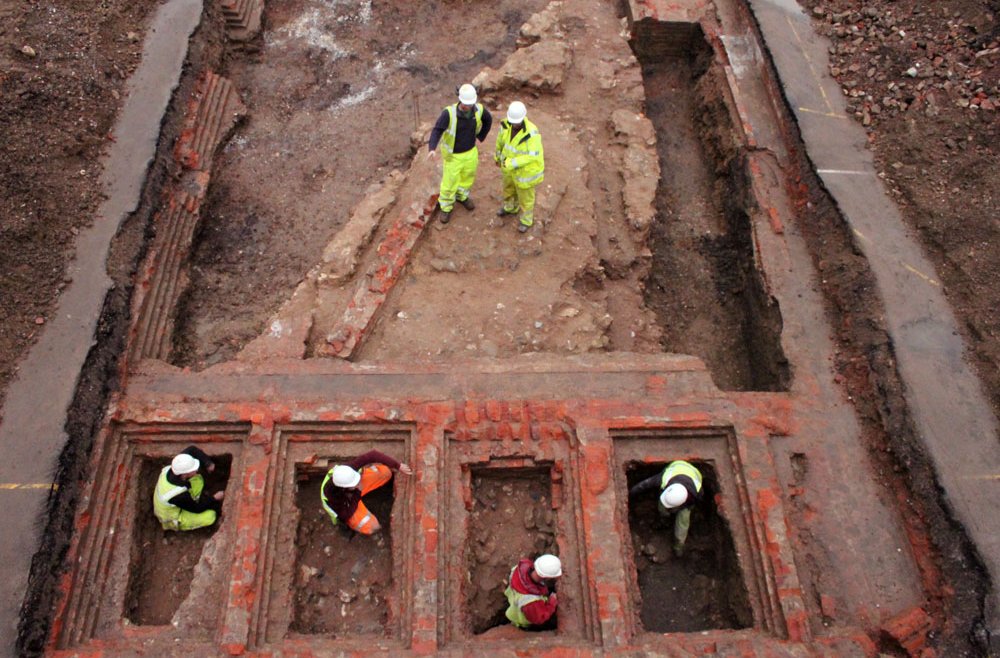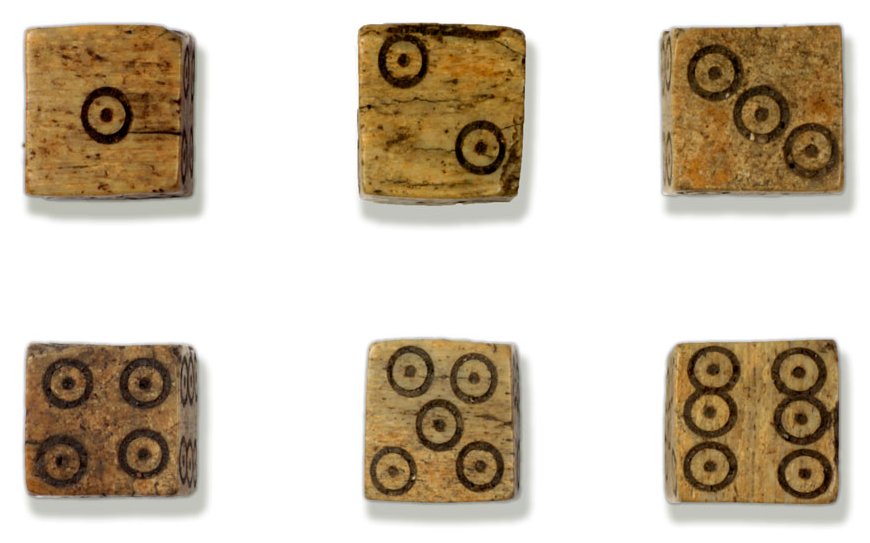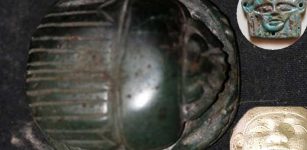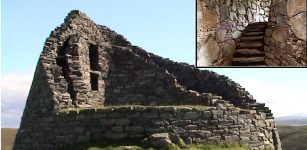Early Twelfth-Century Castle Walls Unearthed Outside Gloucester, England
AncientPages.com - Archaeologists have unearthed remnants of the 12th-century castle keep wall and some remains of William Blackburns’s original prison design.
The site lies immediately outside of the Roman city of Gloucester and comprises the extant prison, a complex of 18th, 19th and 20th-century buildings.
There were 2 medieval castles in Gloucester’s history. The first or ‘old’ castle, mentioned in the Domesday Book lay to the east of the prison site and was built in the corner of the old Roman town walls. It was replaced by a new stone castle on the current site c. 1110-1120.

Foundations of the 20th-century brick prison built on top of medieval castle keep wall. Credits: Cotswold Archaeology
The castle was a large structure, had an inner bailey and stables and was surrounded by a series of concentric defensive curtain walls and ditches. It also had a drawbridge and gatehouse.
By the later 18th century the prison was notorious for its disrepair and continual epidemics of gaol fever. A decision was made to build a new prison and so the keep was demolished in 1785 and the new gaol, designed by William Blackburn, received its first prisoners in July 1791. Later, the prison was remodeled and rebuilt.

One of our fine discoveries is a medieval bone die, marked with values as ‘circle and dot’. Credits: Cotswold Archaeology
‘It is a very rare opportunity to dig a Norman castle in a great historic city. We have recorded a part of Gloucester’s history that was once covered with the sands of time,’ said CA’s Cliff Bateman, project manager of Cotswold Archaeology, established in 1989 as a charitable trust.
During the excavations, archaeologists recovered nearly 900 artefacts and most of them are well preserved later medieval pottery sherds, with a number of complete vessels.
One of our fine discoveries is a medieval bone die, marked with values as ‘circle and dot’.
AncientPages.com
source: Cotswold Archaeology




















